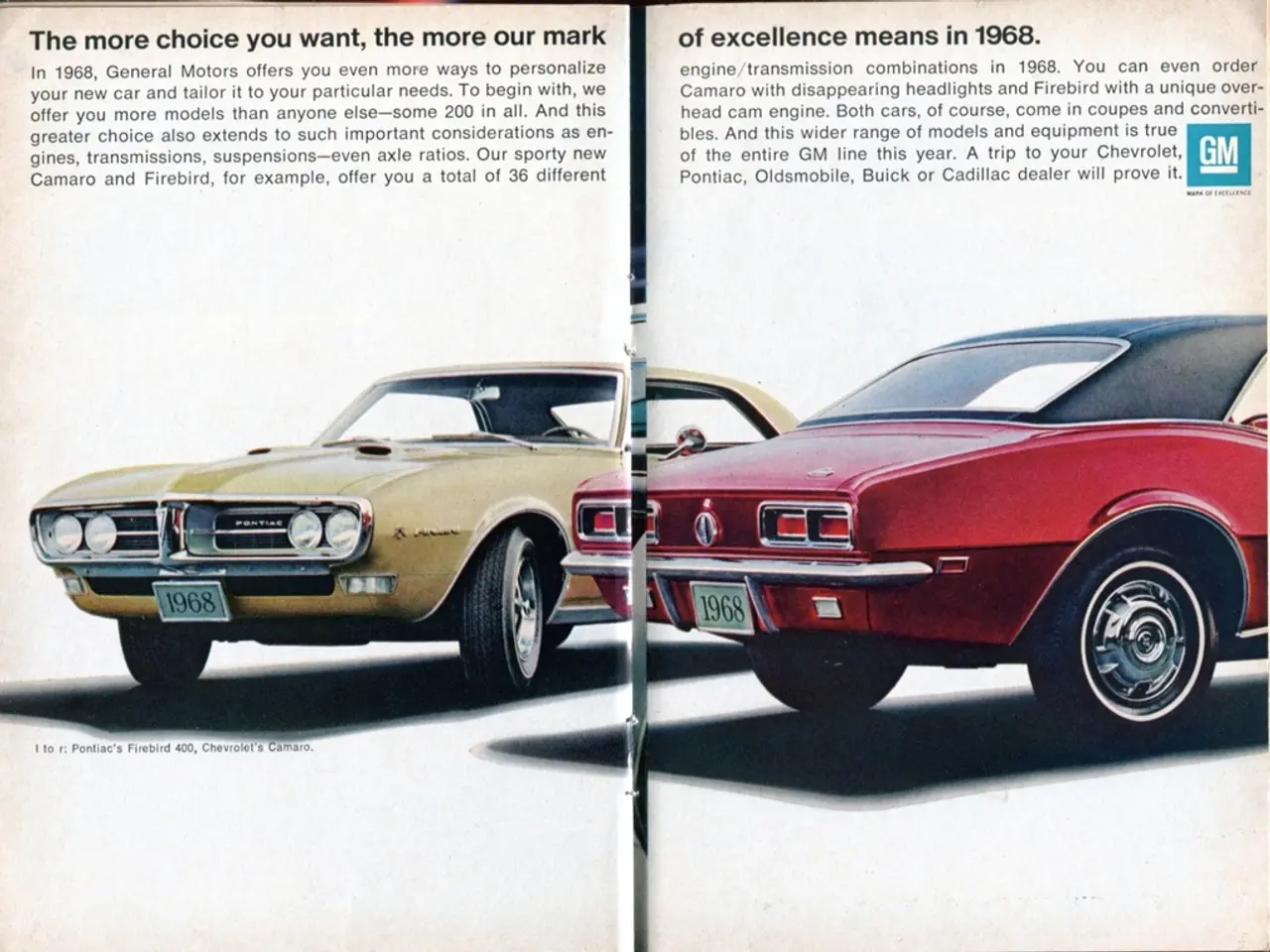Russia's Largest Automobile Manufacturer Adopts Shorter Week Schedule: Four Days Instead of Five
Russia's two largest automakers, AvtoVAZ and Gorky Automobile Plant (GAZ), are implementing a four-day workweek in response to a severe industry crisis that has resulted in plummeting sales and economic challenges.
AvtoVAZ, the country's largest car manufacturer and producer of the Lada brand, is considering a shift to a four-day workweek starting late September 2025. This decision is driven by several factors: a projected 25% decline in sales this year, high central bank interest rates increasing production costs and reducing demand for car loans, intense competition from Chinese car manufacturers engaging in price dumping, and stricter credit regulations limiting access to affordable car financing. The company's sales fell 25% in the first half of 2025 to 155,481 units, and last year Lada sales declined by 48.2%. AvtoVAZ has stated that the final decision will depend on further market and economic analyses[1][2][4].
GAZ announced a four-day workweek starting August 2025 after experiencing a sharp decline in demand: nearly 40% fall in medium-duty trucks, 30% in light commercial vehicles, and 60% in buses in the first half of the year. GAZ’s shortened workweek aims to preserve jobs, balance workloads, and align production with reduced demand, while maintaining full employee benefits. The company also implemented a planned corporate holiday in July before starting the reduced schedule. Management will review the situation monthly to consider continuation beyond August[3].
The reasons for the adoption of the four-day workweek include:
- Falling sales and market slump: Demand for vehicles, including passenger and commercial vehicles, is sharply declining.
- High interest rates: Elevated central bank rates have increased production costs and discouraged auto loans, reducing buyer activity.
- Stricter credit regulations: Tighter rules have limited access to affordable car financing.
- Competition from Chinese cars: Chinese manufacturers have entered the market aggressively, including "price dumping" tactics.
- Sanctions and economic pressure: Western sanctions disrupted supply chains and markets, causing earlier instability now exacerbated by current conditions.
In addition to AvtoVAZ and GAZ, LiAZ, KamAZ, and Pavlovsky Bus Plant (PAS) have all implemented or are considering a reduced workweek due to industry crisis and underloaded divisions. LiAZ, a major automaker in Russia, has switched to a four-day workweek starting July. If the situation improves, LiAZ plans to revert to the standard five-day schedule.
The total number of vehicles sold in Russia in the first half of 2025, including trucks and buses, is 601,8 thousand. Gorkovsky Automobile Plant (GAZ) announced its transition to a four-day week starting August. The sale of 530,4 thousand new light vehicles was recorded in Russia in the first half of 2025.
It's worth noting that Pavlovsky Bus Plant (PAS) had suspended production at least until August 4, but this was a planned, paid vacation for employees. The entire social package for LiAZ workers remains intact, including subsidized vacation vouchers, food subsidies, partial childcare fee compensation, material support in difficult situations, and other measures.
In conclusion, AvtoVAZ, GAZ, LiAZ, KamAZ, and Pavlovsky Bus Plant (PAS) are adapting their work schedules to deal with the industry crisis, underloaded divisions, and the overall market decline of 28% compared to the same period last year[5].
References: [1] https://www.rbc.ru/business/29/07/2025/5f17110a9a794788595e3c19 [2] https://www.forbes.ru/companies/avtovaz/5f16d9e59e764788595e3c18 [3] https://www.gazgroup.ru/ru/news/2025/07/29/novyj-rabochij-grafik-raboty-gaz-gruppy-v-sostav-chastnyh-podrazdelenij-v-avtomobileskoy-promyshlennosti [4] https://www.vz.ru/economy/2025/07/29/1171932.html [5] https://www.autonews.ru/business-policy/article/406842/
- In an effort to address the industry crisis and economic challenges, AvtoVAZ, the leading finance-dependent business in Russia, is contemplating transitioning to a four-day workweek from late September 2025.
- Struggling with reduced demand and financial constraints, GAZ, another significant player in Russia's automobile industry, has already adopted a four-day workweek starting in August 2025,aiming to preserve jobs and align production with diminished demand.




